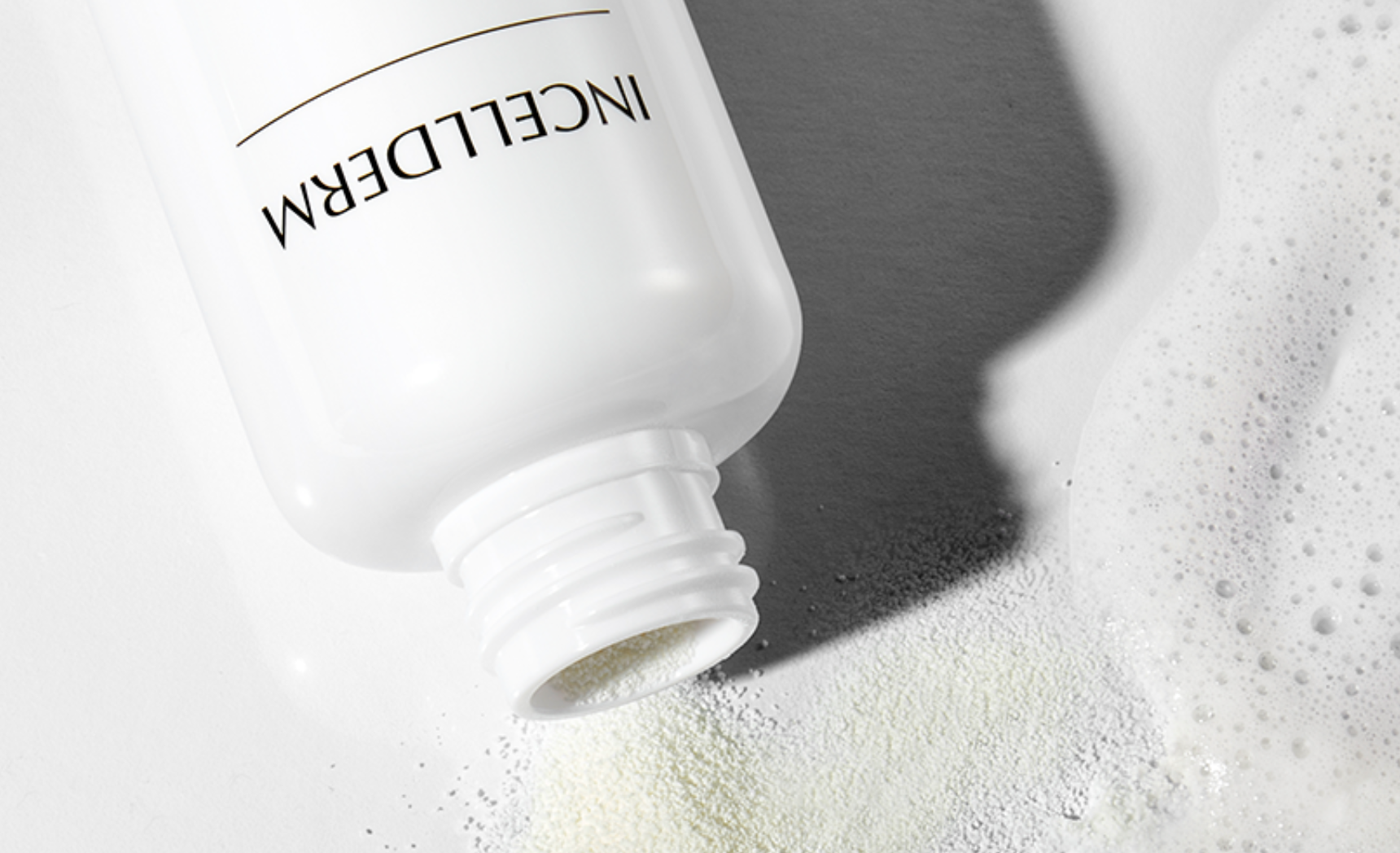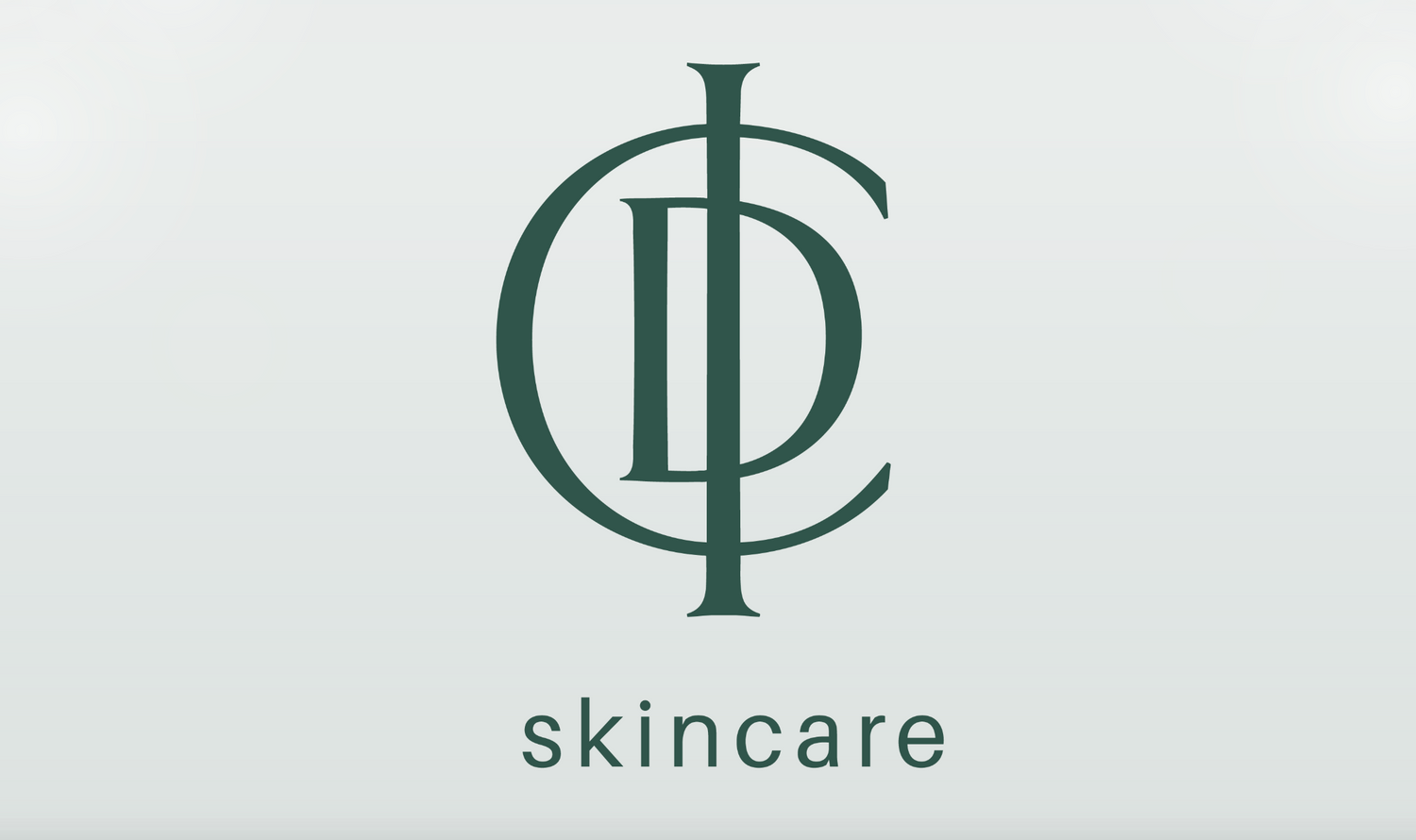Enzymes are biological catalysts that play a crucial role in various bodily functions, including digestion, metabolism, and skin health. In the realm of skincare, enzymes are increasingly recognized for their ability to gently exfoliate, improve skin texture, and promote a radiant complexion.
What Are Enzymes?
Enzymes are proteins produced by living organisms. They act as biological catalysts, speeding up chemical reactions without being consumed in the process. In skincare, enzymes are used to break down dead skin cells, unclog pores, and promote skin renewal.
Why Enzymes Make Great Cleanser Ingredients
Enzymes offer several advantages as cleanser ingredients:
- Gentle Exfoliation: Enzymes can effectively remove dead skin cells without causing irritation. This helps to improve skin texture, reduce dullness, and promote a brighter complexion.
- Improved Skin Clarity: By unclogging pores, enzymes can help to reduce the appearance of acne and other blemishes.
- Enhanced Product Absorption: Enzymes can help to prepare the skin for better absorption of other skincare products, such as moisturizers and serums.
- Natural and Sustainable: Enzymes are derived from natural sources, making them a sustainable and environmentally friendly option for skincare.
Popular Enzymes Used in Skincare
Several enzymes are commonly used in skincare products, each with its own unique benefits:
- Papain: Derived from papaya fruit, papain is a proteolytic enzyme that helps to break down dead skin cells and promote skin renewal.
- Bromelain: Extracted from pineapple stems, bromelain is another proteolytic enzyme with exfoliating properties. It can also help to reduce inflammation and soothe irritated skin.
- Subtilisin: This enzyme is derived from bacteria and is known for its ability to break down proteins and lipids. It can help to improve skin texture and reduce the appearance of wrinkles.
- Lipase: Lipase is an enzyme that breaks down lipids, including oils and sebum. It can help to unclog pores and reduce acne breakouts.
How to Choose the Right Enzyme Cleanser
When selecting an enzyme cleanser, consider the following factors:
- Skin Type: If you have sensitive skin, opt for a gentle enzyme cleanser that is formulated to be non-irritating.
- Skin Concerns: Choose an enzyme cleanser that addresses your specific skin concerns, such as acne, dullness, or aging.
- Concentration of Enzymes: The concentration of enzymes in the cleanser can affect its effectiveness. Look for products with a sufficient amount of enzymes to deliver noticeable results.
Incorporating Enzyme Cleansers into Your Skincare Routine
To incorporate an enzyme cleanser into your skincare routine:
- Cleanse: Wet your face with warm water and apply a small amount of enzyme cleanser to your fingertips.
- Massage: Gently massage the cleanser into your skin, focusing on areas with congestion or rough patches.
- Rinse: Rinse your face thoroughly with warm water to remove any residue.
- Follow Up: Apply your favorite moisturizer to hydrate your skin and lock in the benefits of the enzyme cleanser.
Conclusion
Enzymes offer a powerful and natural way to improve your skin health. By incorporating an enzyme cleanser into your skincare routine, you can enjoy smoother, clearer, and more radiant skin. Remember to choose the right enzyme cleanser for your specific needs and to use it consistently for optimal results. We have two Incellderm enzyme cleansers to choose from: Snow Enzyme Cleanser EX and the Active Clean-Up Powder, both which are fantastic choices for thorough cleansing.





